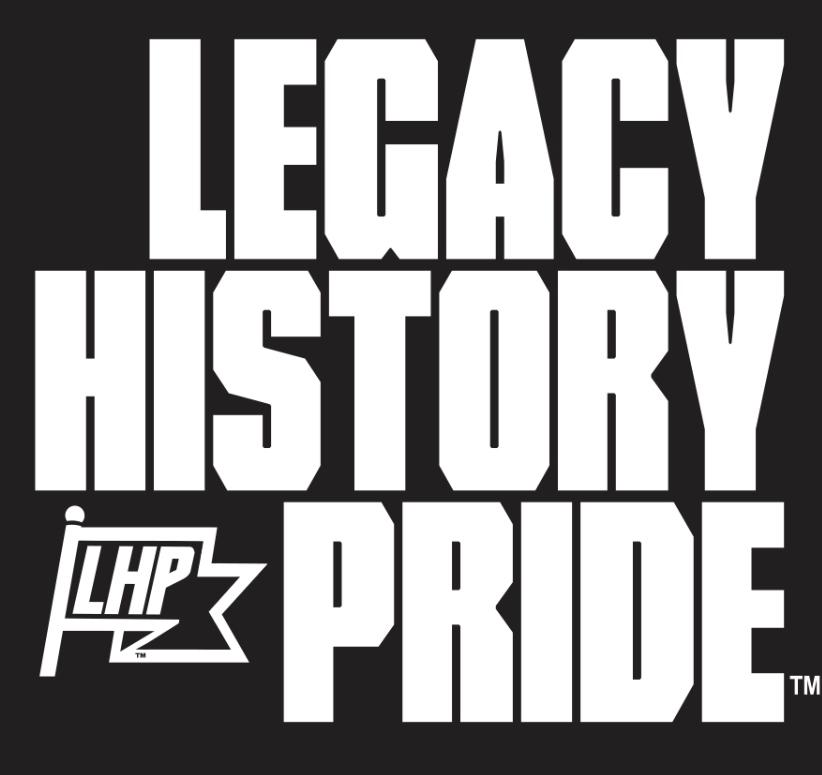HBCU Religious Connections

For the majority of HBCUs, service is a pillar next to truth, honesty, integrity, dignity, and other qualities that make these institutions historically revered and important. Service, while tied to community, is strongly rooted in religion. HBCUs are often funded in part by the black church, whichever denomination that may be. After the Civil War, education for slaves, former slaves, and other free blacks became a priority of various Baptist conventions, the African Methodist Episcopal Church, the United Methodists, and the United Church of Christ. HBCU religious connections run deep, impacting education, experience, and history.
Between 1866 and 1882, the Boards of Bishops with the United Methodist Church (UMC) worked to establish 70 schools for black students. Of those, eleven are still active. Now, a large number of HBCUs are affiliated with UMC, some of which include Bethune-Cookman University, Claflin University, and Clark Atlanta University. Several institutions were established in the basements of churches, two of which include Morehouse College and Rust College.
- Morehouse began as the Augusta Institute in Georgia at Springfield Baptist Church in 1867. The function of this school was to teach black men to minister and teach.
- Rust College was founded only a year earlier in Holly Springs, Mississippi at Ashbury Methodist Episcopal Church. Rust is one of only five remaining black colleges founded before 1867.
- Schools like Xavier University of Louisiana operate under denominations outside of UMC—Xavier is Catholic.
- Oakwood University was founded by the Seventh-day Adventist Church and exists as the only black university owned and operated by the church.
By holding true to religious connections, HBCUs are proud of the denominations they were built from. UNCF's President Michael Lomax said of this relationship, "the churches' investment in black education paid dividends, not only to the students, but also for America." Without the churches' call to action in the 19th century, HBCUs would not be as prominent as they are today. They built the foundations that produced black leaders like Rev. Dr. Martin Luther King, Jr., Thurgood Marshall, Jesse Jackson, and Booker T. Washington. In turn, they transformed the nation, fighting Jim Crow and triumphantly claiming pages of history. In discussions on the importance of HBCUs, preserving black history from erasure is a crucial point. Religion is woven into that history, carried proudly on through centuries of racial prejudice. Overall, religion helps define the HBCU community—the black church and black schools have maintained a symbiotic relationship. While churches help fund HBCUs, college reciprocate that love in many ways. An institution's religious background is no secret and often showcased. Schools that are affiliated with the UMC display the logo around the campus. Even at many Homecomings, there are prayer and worship events mixed into the celebration. FAMU, for example, is known for incorporating gospel into its extravagant band performances. Faith is an integral part of everyday life on campus.
No matter the denomination, the primary goal for every HBCU has been to both educate the black community and to lend a helping hand to those who might otherwise sacrifice higher learning. In the mottos of these schools, you will find motifs of truth, community, and faith. The education here is not simply for future employment, but for morality and service. HBCUs work together to build a better nation, and religious connections help make that possible.

